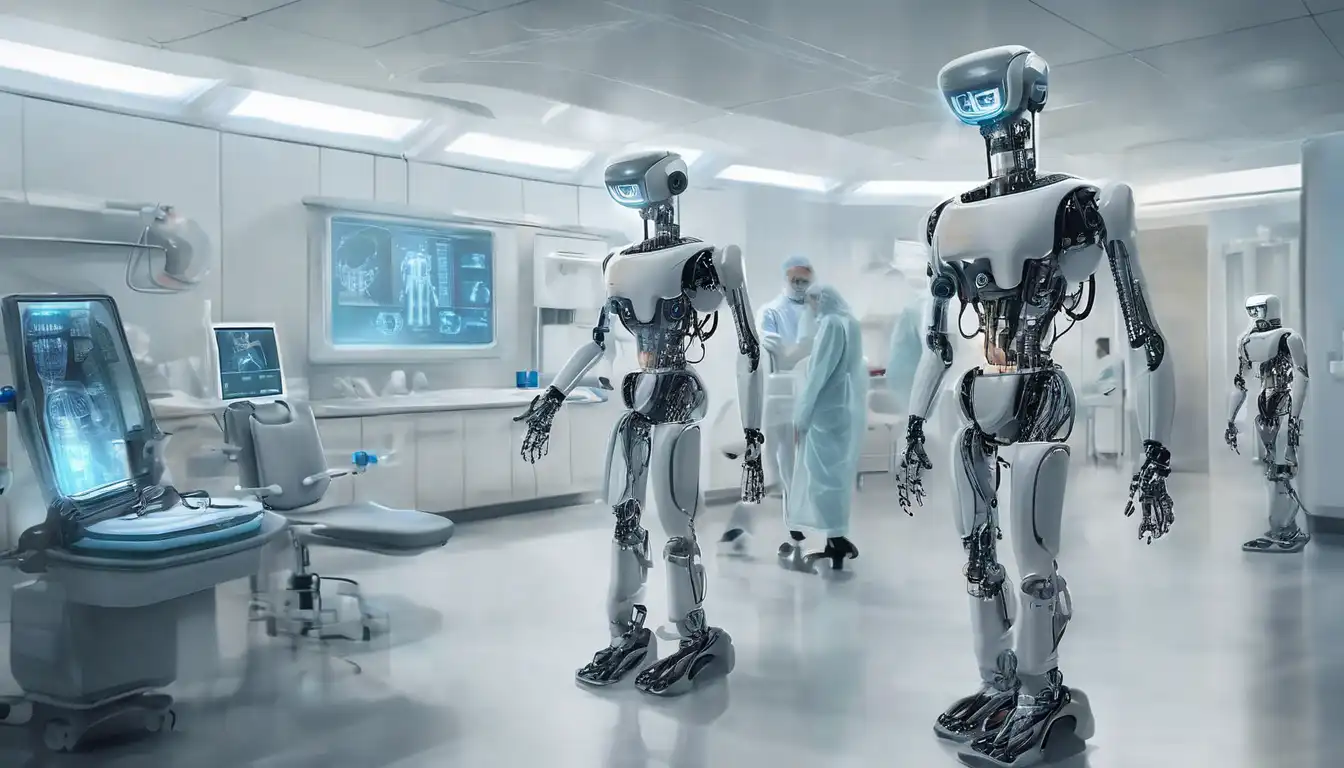The Next Era of Robotics in Healthcare
The integration of robotics into healthcare is transforming patient care, surgical procedures, and rehabilitation processes. This revolutionary approach is not just enhancing efficiency but also improving the accuracy and outcomes of medical treatments. As we delve into the future, the potential of robotics in healthcare seems boundless, promising a new era of medical excellence.
Transforming Surgical Procedures
Robotic surgery has become a cornerstone of modern medical practices, offering precision that surpasses human capabilities. With the advent of technologies like the Da Vinci Surgical System, surgeons can perform complex procedures with minimal invasiveness, reducing recovery times and improving patient outcomes.
Enhancing Patient Rehabilitation
Robotics is also making significant strides in patient rehabilitation. Exoskeletons and robotic limbs are enabling individuals with mobility issues to regain movement and independence. These innovations are not just about physical support; they're about restoring hope and improving quality of life.
Streamlining Hospital Operations
Beyond direct patient care, robotics is streamlining hospital operations. From automated medication dispensing systems to robotic assistants that can transport supplies, these technologies are reducing human error and freeing up healthcare professionals to focus on patient care.
The Role of AI in Robotics
Artificial Intelligence (AI) is the driving force behind the next generation of healthcare robotics. AI-powered robots can analyze vast amounts of data to assist in diagnosis, treatment planning, and even predict patient outcomes, making healthcare more proactive than reactive.
Challenges and Ethical Considerations
Despite the advancements, the integration of robotics in healthcare is not without challenges. Ethical considerations, such as patient privacy and the potential for job displacement, must be addressed. Moreover, the high cost of robotic systems poses a barrier to widespread adoption.
Looking Ahead
The future of robotics in healthcare is bright, with ongoing research and development paving the way for more innovative solutions. As technology continues to evolve, the possibilities for enhancing patient care and medical procedures are limitless. The key will be ensuring these advancements are accessible and beneficial to all.
In conclusion, the future of robotics in healthcare is not just about technological innovation; it's about redefining the standards of patient care. By embracing these advancements, we can look forward to a healthier, more efficient future in medicine.
